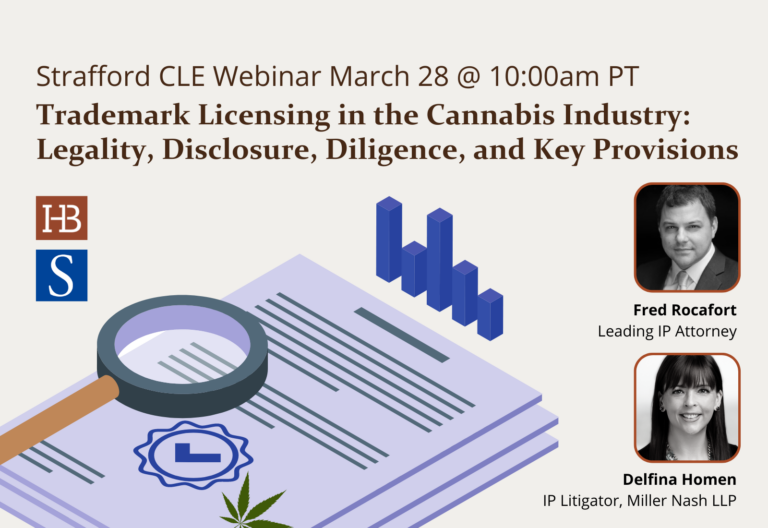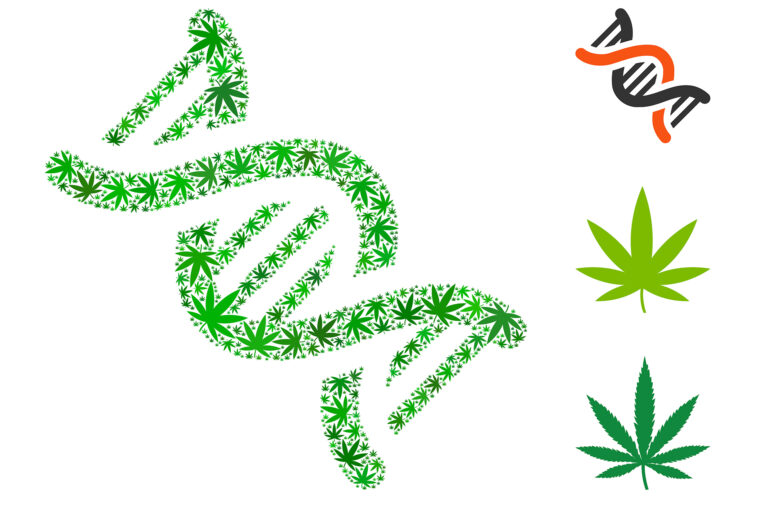
TTAB Denies Registration of Bakked Trademarks
In a precedential decision, the Trademark Trial and Appeal Board (“TTAB”) affirmed an examining attorney’s refusal to register two “Bakked” trademarks by deeming the goods to be illegal drug paraphernalia under the Controlled Substances Act (the “CSA”) and deciding the two exemptions of the CSA did not apply. The Bakked trademark applications National Concessions Group


















